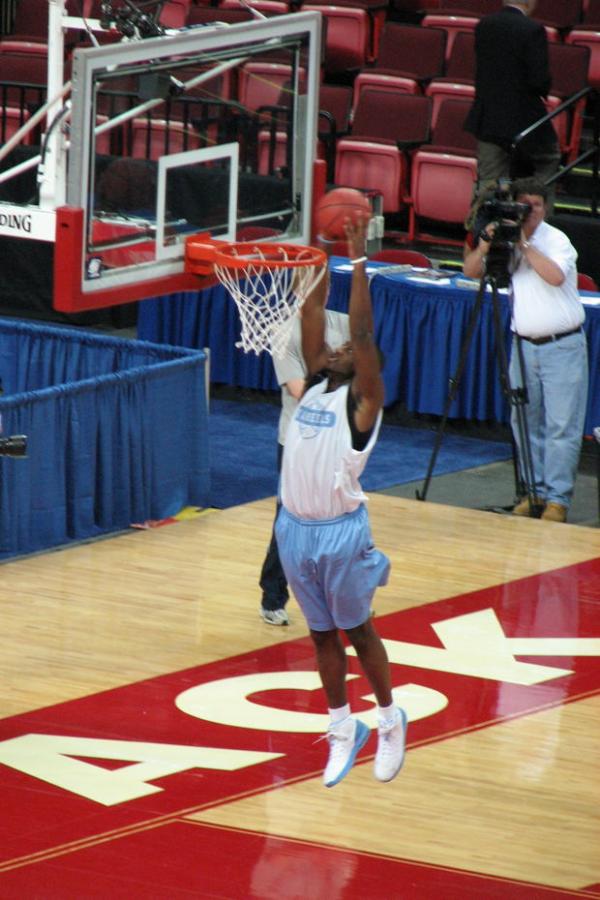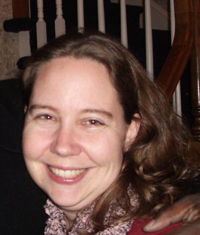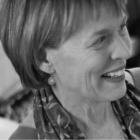How did you come to study business?
I began school in biomedical engineering then switched to civil because it had more of a people connection. After I began to work I found I hated it, even though I was successful. I would go into work half an hour early just so I’d have time to cry in the parking lot before I had to start my day. I lost my job (thank God) and left engineering for good in 2002. After that I worked in optometry for three years, realized that I had a knack for the business aspects of what I was doing, and returned to school to complete an MBA and an MHA at UNC-Chapel Hill.
What do you most enjoy about your current study?
I enjoy the aspects of training and development for the “employee life-cycle,” how your find, hire, train, retain, and then plan for succession—and how you do it in a way that preserves employees’ dignity and value.
How does your faith connect with your study?
Business, particularly training and developing people, is the place that I understand the gospel’s impact on the world most clearly. And, I think that’s what calling is — the place where you are able to most effectively live out the gospel for the redemption of the world. The last several years I’ve studied and taught a lot about calling and vocation. I’ve talked with lots of people about what they love to do and how they can get there, and what faith looks like in that arena. I’m especially interested in those issues as they relate to callings we typically label “secular”, particularly in the business world, and particularly with women, who I think face an additional host of identity related issues when they join the workforce.
How is your study relevant to other Christians?
Business is present in one form or another in every field—from management to budgets to personnel. Business is a high calling—we have an idea that it is evil to make profit but I want to be a redeeming influence. We need believers who can manage with integrity and who lead, understanding that people have value.
What gives you the most challenge in your field?
The lure of being successful. Here, the mean salaries along with the mean bonuses and relocation packages are published for each graduating class—so it’s easy to make that your metric.

What do you do when not studying or working?
Following Tar Heel basketball! I stand three feet from the TV and yell really loud.
Other interests outside of academic work?
Yes. I came here with the idea that I wanted to invest myself. I grew up with that idea from IV — to live missionally wherever you are, to leave a legacy. So I’ve been very involved with my church helping put structure around the vision and with the MBA program, including serving as the student attorney general in the business school honor court.
What would you like to be doing ten years from now?
I’ll be moving to Washington, DC this summer to join the FBI as an internal consultant. In ten years, I hope to be involved in leading an MBA program.
A book you’d like to recommend?
Courage and Calling (IVP) by Gordon Smith. Smith helps people ask the right questions, which is key. For me, he affirmed what I have learned as I’ve come to this point in my life.






